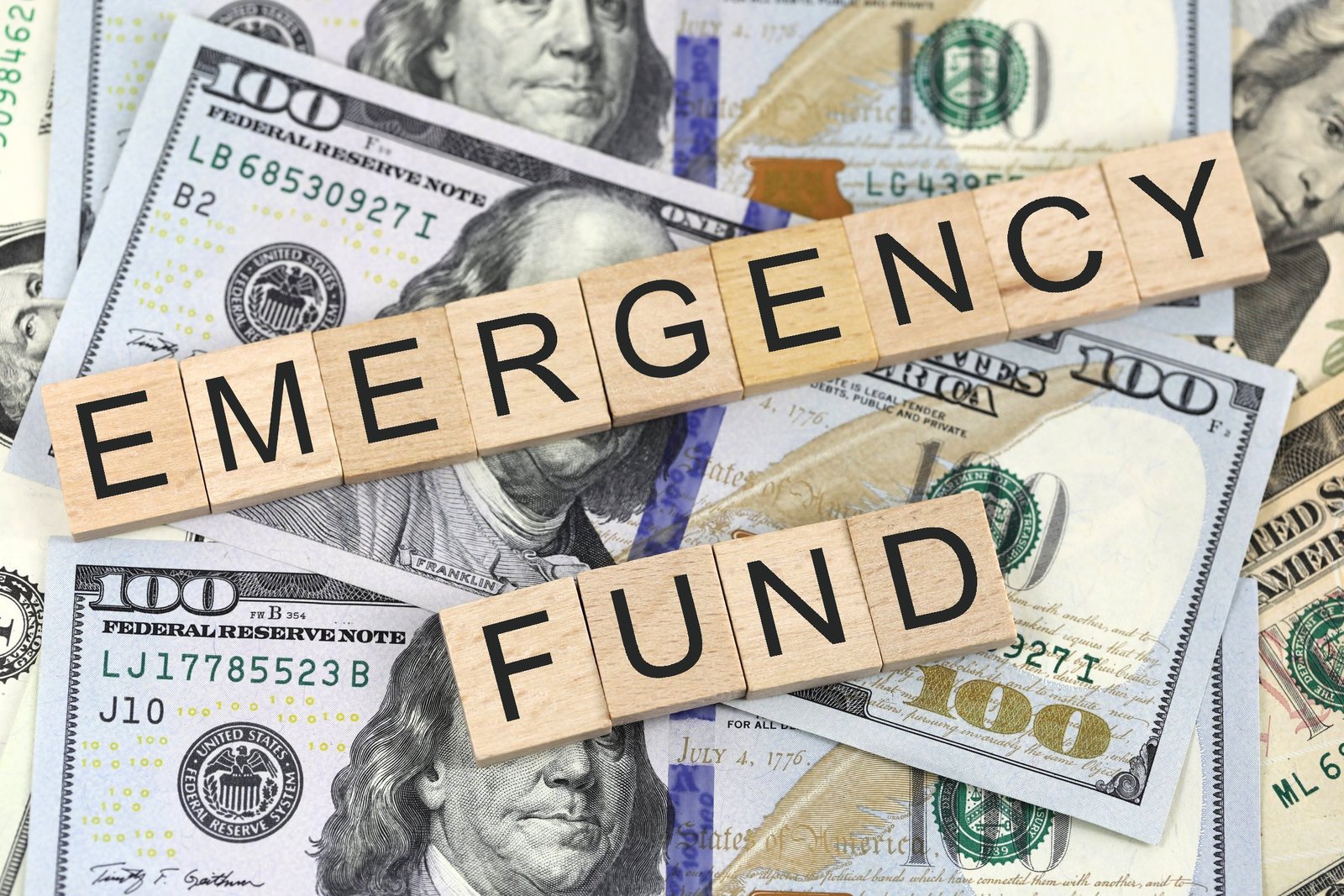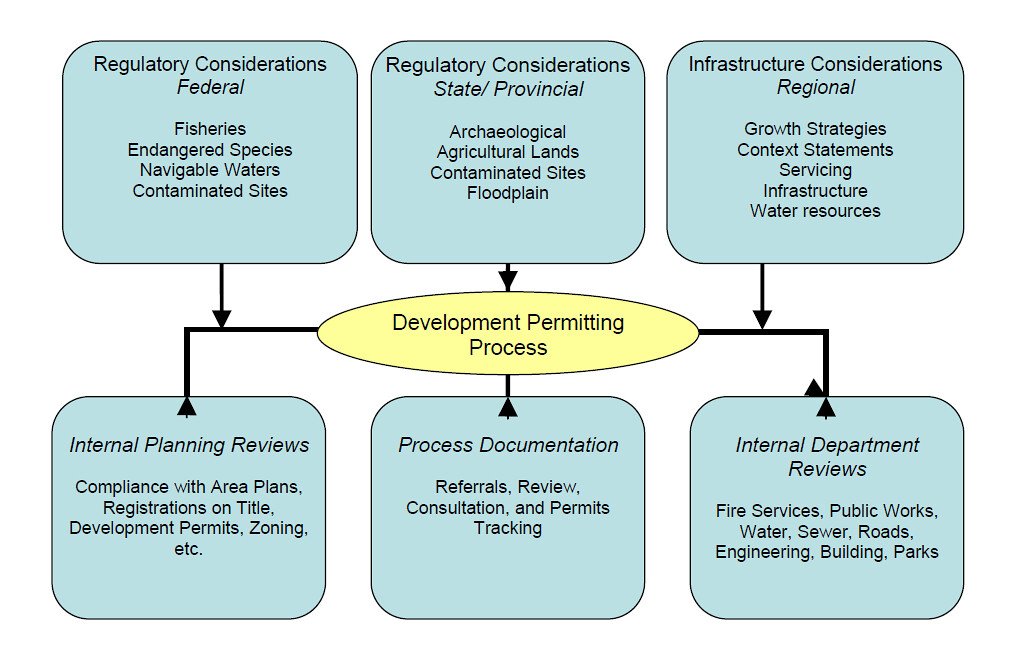Now Reading: The Importance of Emergency Cash and How to Store It
-
01
The Importance of Emergency Cash and How to Store It

The Importance of Emergency Cash and How to Store It
Imagine you’re in the middle of an unforeseen situation – the world around you abruptly swirls into chaos, leaving you grappling with uncertainty and desperation. In such moments, security often dissolves like sand through fingertips. But what if you had a tiny pocket of reassurance, a safeguard against life’s unexpected storms? Emergency cash, albeit a humble treasure, is a beacon of hope when reality takes an unexpected turn. In this article, we unravel the importance of emergency cash and dive into the art of storing it effectively. Time to prepare for an unpredictable future!
Table of Contents
- The Value of Having Emergency Cash at Hand
- Strategic Considerations for Storing Your Emergency Cash
- Exploring Secure Options for Storing Emergency Cash
- Practical Tips for Safeguarding Emergency Funds
- Building a Robust Emergency Fund: Best Practices and Approaches
- Q&A
- The Way Forward

The Value of Having Emergency Cash at Hand
Having emergency cash readily available can provide you with a sense of security and peace of mind in unpredictable times. Whether it’s unexpected medical expenses, car repairs, or job loss, having a stash of cash can be a lifeline during challenging situations. Here are a few reasons why having emergency cash at hand is invaluable:
- Flexibility and independence: When an emergency strikes, you won’t have to rely on credit cards or loans, which often come with high interest rates. Having cash readily available allows you to tackle unforeseen expenses without incurring debt or being dependent on others.
- Immediate access: Unlike waiting for loan approvals or credit card limits, having cash on hand means that you can quickly address any urgent needs without delay. This immediate access can be a saving grace during emergencies.
- Peace of mind: Knowing that you have emergency funds readily available can alleviate stress and anxiety. Financial emergencies can happen to anyone, but having cash set aside means you’re better prepared to handle them, resulting in greater peace of mind.
Ultimately, having emergency cash serves as a financial safety net, allowing you to navigate unexpected circumstances with greater ease and financial stability. So, it’s always prudent to set aside some funds for those unpredictable moments that life may throw your way.

Strategic Considerations for Storing Your Emergency Cash
In these uncertain times, having emergency cash on hand is crucial for financial stability and peace of mind. However, it’s just as important to consider how and where you store your emergency funds. Here are some strategic considerations to keep in mind:
- Diversify your storage options: Instead of relying solely on keeping all your cash at home, consider diversifying your storage options. This could include opening a savings account at a reputable bank or credit union, where your money will be safe, easily accessible, and potentially earn interest.
- Secure your physical storage: If you choose to keep some cash at home for immediate emergencies, ensure it is secure. Invest in a fireproof and waterproof safe to protect your funds from potential hazards. Also, consider keeping your emergency cash in different locations around your home, making it more difficult for any potential theft.
- Be mindful of confidentiality: Whether you choose to store your emergency cash at home or in a bank, it’s crucial to maintain confidentiality. Keep the information about your emergency funds discreet and avoid discussing it with others, as this can prevent any unwanted attention or potential risks.
Remember, storing your emergency cash strategically is essential for both security and accessibility. By diversifying your storage options, securing your physical storage, and maintaining confidentiality, you’ll be better prepared to face any unexpected financial challenges that may come your way.

Exploring Secure Options for Storing Emergency Cash
When it comes to emergency preparedness, having a secure option for storing cash is crucial. In uncertain times, having quick access to emergency funds can provide peace of mind and be a lifesaver. Here are some secure options to consider for storing your emergency cash:
1. Home Safe: Consider investing in a sturdy home safe to protect your emergency cash. Look for a safe that is fire-resistant and waterproof to ensure the safety of your funds. Remember to bolt the safe securely to the floor or wall to prevent it from being easily stolen.
2. Bank Safety Deposit Box: Utilizing a bank’s safety deposit box is a reliable option for safeguarding your emergency cash. These boxes are stored in highly secure vaults in the bank and are protected by multiple layers of security. Additionally, having your cash stored in a bank ensures easy access when needed.
3. Digital Wallets: In today’s digital age, utilizing a secure digital wallet for storing your emergency funds is a convenient and safe option. Many digital wallets offer high-level encryption, two-factor authentication, and other security measures to protect your money. Just make sure to choose a reputable provider and frequently update your passwords to maintain the security of your funds.
No matter which option you choose, it’s important to regularly evaluate and update your emergency cash storage strategy. By taking proactive steps to secure your cash, you can have peace of mind knowing that you’re prepared for any unexpected financial emergencies that may arise.
Practical Tips for Safeguarding Emergency Funds
When it comes to emergency funds, it’s crucial to ensure they are safe and accessible when you need them the most. Here are some practical tips that will help you safeguard your funds:
- Choose a secure savings account: Opt for a reliable financial institution that offers high-security measures for your emergency funds. Look for accounts that guarantee protection against unauthorized access and have robust online banking systems.
- Create a separate emergency fund: Keep your emergency savings separate from your regular accounts to avoid dipping into them unnecessarily. This distinction will make it easier to track your emergency funds and prevent accidental spending.
- Regularly review and update your emergency fund: Life circumstances can change rapidly, so it’s crucial to periodically reassess your emergency fund. Consider factors like inflation, family size, and potential emergencies, adjusting your savings goal as necessary.
- Diversify your emergency fund: Don’t put all your eggs in one basket. Consider diversifying your emergency fund by investing a portion in low-risk financial instruments like certificates of deposit or high-yield savings accounts. This strategy can help protect against inflation while maintaining liquidity.
- Automate your emergency fund contributions: Set up automatic transfers or direct deposits to ensure a consistent flow of funds into your emergency savings account. This approach will help you stay disciplined and build up your emergency fund steadily over time.
- Keep emergency funds easily accessible: While it’s important to keep your emergency funds separate, ensure they are easily accessible when you need them. Consider options like a linked checking account, debit card, or online platform with quick fund transfer capabilities to enable immediate access during emergencies.
By following these practical tips, you can safeguard your emergency funds and ensure they are readily available to provide you with peace of mind during unexpected situations.
Building a Robust Emergency Fund: Best Practices and Approaches
When it comes to building a robust emergency fund, there are a few best practices and approaches that can help ensure you’re prepared for unexpected financial challenges.
1. Set a realistic savings goal: Start by determining how much you need to save for emergencies. It’s generally recommended to have three to six months’ worth of living expenses set aside. Break down this amount into smaller, achievable saving targets to stay motivated.
2. Make saving automatic: One of the most effective ways to build an emergency fund is to automate your savings. Set up an automatic transfer from your checking account to a dedicated emergency savings account each month. This way, you won’t even have to think about it, and your savings will grow steadily over time.
3. Keep it separate: To avoid dipping into your emergency fund for non-urgent expenses, keep it separate from your regular checking or savings account. Consider opening a new account specifically for emergency funds. This separation will help you resist the temptation to use the money for non-emergency purposes.
4. Cut unnecessary expenses: Take a close look at your budget to identify areas where you can cut back and save. Consider prioritizing your spending and eliminating non-essential expenses. This will free up more funds that can be directed towards your emergency fund.
By following these best practices and approaches, you can build a robust emergency fund that provides peace of mind and financial security.
Q&A
Why is emergency cash important?
Emergency cash is important because it provides a safety net during unexpected situations like job loss or medical emergencies. It can help cover immediate expenses and give you peace of mind.
How much emergency cash should I have?
Financial experts generally recommend having three to six months’ worth of living expenses set aside as emergency cash. This amount may vary depending on your individual circumstances, such as income stability and number of dependents.
Where should I store my emergency cash?
It is advisable to store emergency cash in a safe and easily accessible place. Consider options like a secure bank account, a fireproof home safe, or a trusted family member’s home.
Should I keep my emergency cash in cash or use other forms?
While it’s essential to have some physical cash, keeping a majority of your emergency cash in a mix of liquid assets, such as savings accounts or low-risk investments, can provide better protection against inflation and potential loss.
How frequently should I review and update my emergency cash reserves?
It is recommended to review your emergency cash reserves at least once a year or whenever there is a significant change in your financial situation. Make adjustments based on any changes in living expenses or income to ensure your emergency fund remains adequate.
What are some common mistakes to avoid when storing emergency cash?
Avoid the temptation to use your emergency cash for non-essential expenses, such as vacations or luxury purchases. Additionally, remember to protect your emergency cash from theft or loss, and avoid putting all your cash in one place.
Can I invest my emergency cash to generate more returns?
It is generally not advisable to invest your emergency cash in high-risk or illiquid investments. The primary purpose of emergency cash is to provide quick access to funds when needed. Focus on preserving its value rather than generating significant returns.
How do I know when it’s the right time to dip into my emergency cash?
Only use your emergency cash for true emergencies, such as unexpected medical bills or sudden job loss. Intuition, combined with a thorough assessment of the situation and available alternatives, can guide you in deciding when it’s appropriate to use your emergency funds.
The Way Forward
In a world where uncertainty looms like a constant shadow, preparedness becomes the beacon of hope that guides us through the darkest of times. As we conclude our exploration into the realm of emergency cash and its invaluable role in our lives, we implore you to embrace the power of being ready for the unexpected. With a vigilant eye and a prudent mind, we can conquer any challenge that may arise.
Remember, dear reader, the importance of building your cash reserve remains an unwavering fortress, safeguarding you against turbulent tides in an ever-changing world. Let this knowledge resonate with you as an empowering tool, allowing you to thrive amidst chaos and uncertainty.
However, merely appreciating the significance of emergency funds is merely the first step on a journey towards true security. Action must be taken, and decisions must be made regarding safe storage. Like a delicate flower sheltered within its cocoon, your emergency cash deserves a sanctuary that will shield it from harm, while remaining readily accessible during the storm.
As we bid farewell, we leave you with timeless wisdom to guide your quest for the perfect storage strategy. Seeking a balance between convenience and security, think outside the traditional realms – explore hidden safe havens, from under a floorboard to behind a masterfully crafted false wall. Consider the power of diversification, spreading your funds across multiple secure locations, so that no single event can jeopardize your financial resilience.
Remember, fellow pioneers of preparedness, while we cannot predict the trials that lie ahead, we can undoubtedly equip ourselves to overcome them. By investing time and effort into building and safeguarding our emergency cash reserve, we emerge as conquerors, emerging unscathed from the belly of the storm.
May the journey through uncertainty be met with unwavering determination, and may your emergency cash be the compass that steadies your ship as you navigate the uncharted waters. With that, dear reader, we bid you farewell till we meet again, armed with knowledge, and prepared for all that lies in wait. Stay resilient, stay safe, and embark on the path to financial stability for a brighter, more secure future.
As an affiliate, my content may feature links to products I personally use and recommend. By taking action, like subscribing or making a purchase, you’ll be supporting my work and fueling my taco cravings at the same time. Win-win, right?
Want to read more? Check out our Affiliate Disclosure page.


